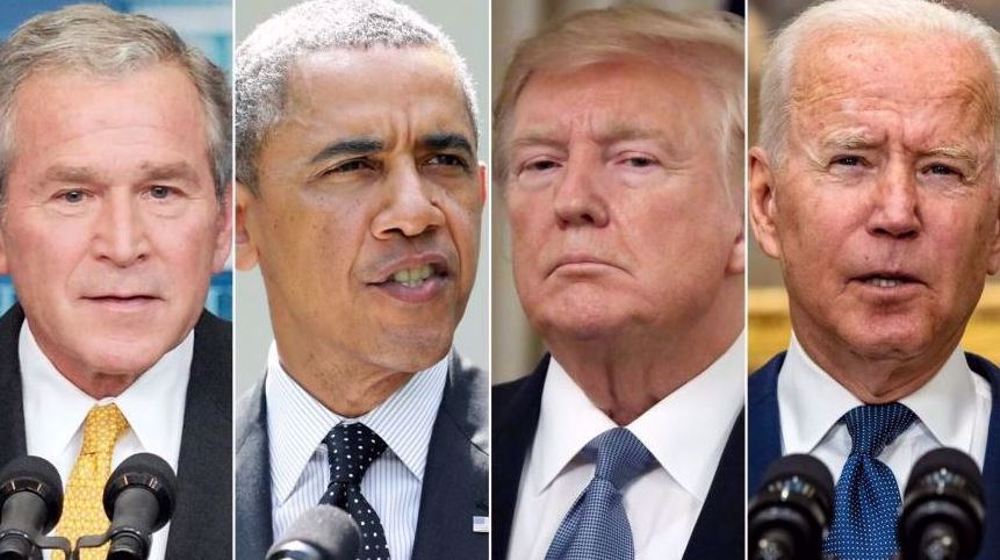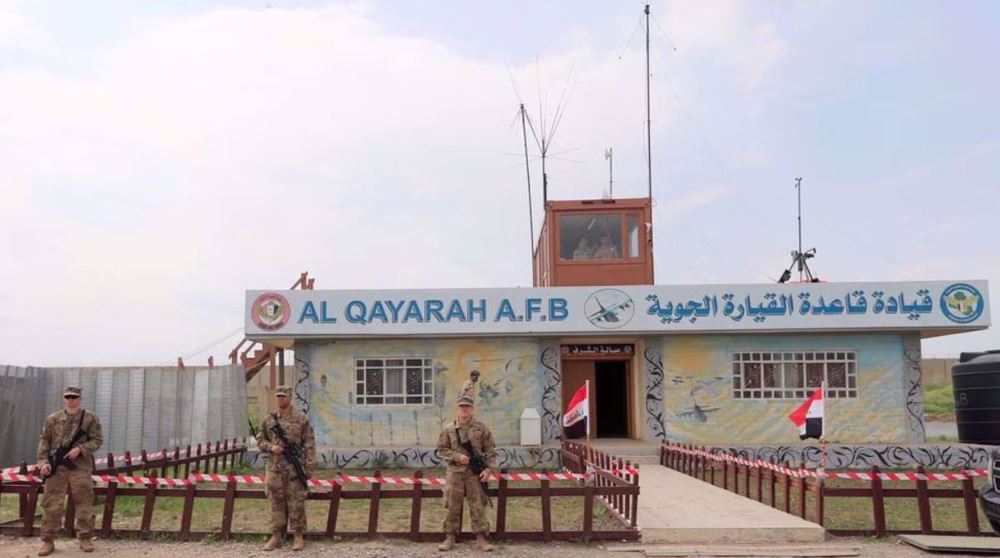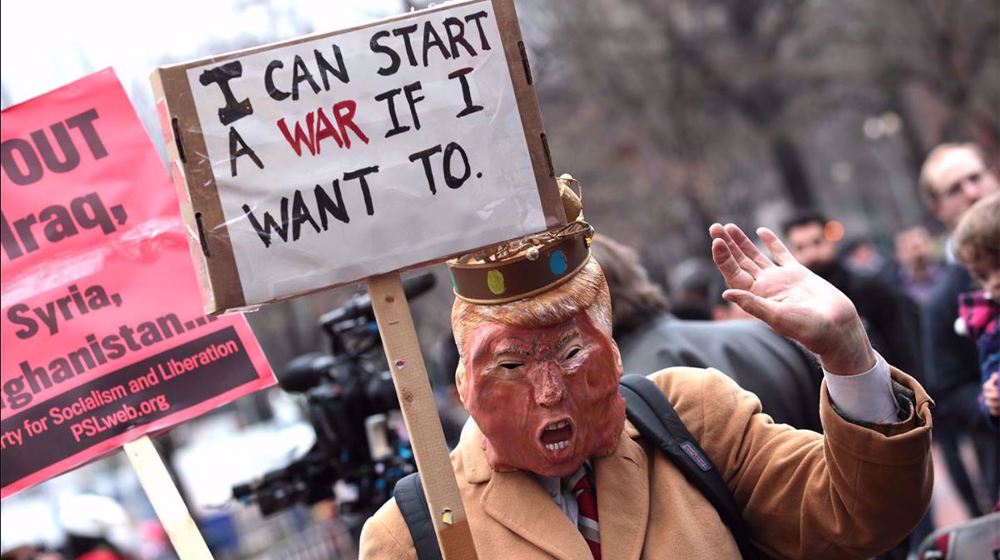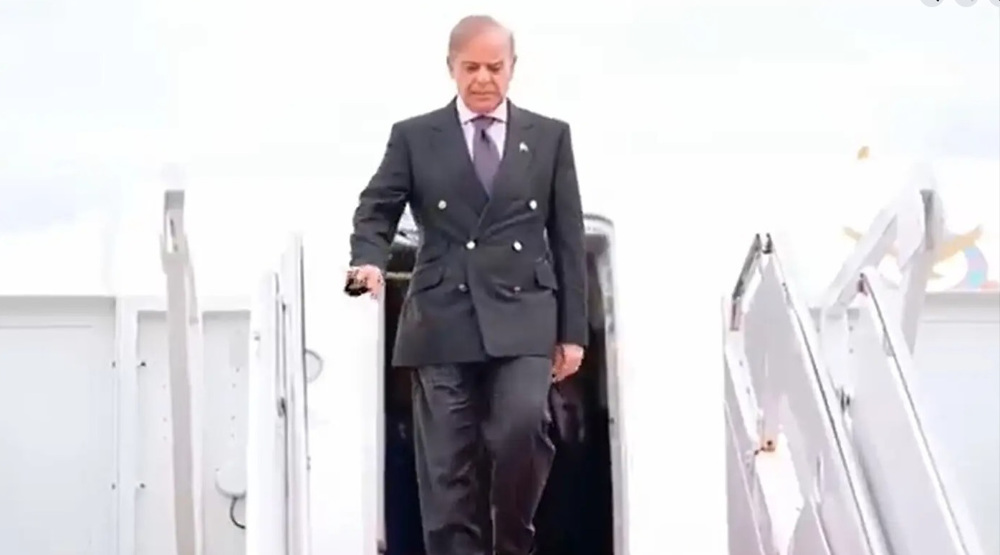US Senate rejects bid to repeal Bush-era war authorization legislation
The United States Senate has voted against a proposal to repeal a Bush-era legislation that has been used to grant sweeping war powers to US presidents since 2001.
US presidents in past decades have cited the same bill as legal backing for dozens of military interventions around the world for more than 20 years.
Introduced by Republican Senator Rand Paul to mark the 20th anniversary of the US invasion of Iraq, an amendment to rescind the 2001 Authorization for Use of Military Force (AUMF) was rejected in a 86 against 9 vote this week. Just four lawmakers from each party plus Independent Senator Bernie Sanders, supported the legislation.
“Today, I offered the US Senate a chance to repeal the 9/11 2001 authorization for war to reclaim our constitutional power and send a message to the world that we are a nation of peace,” Paul said in a statement after the vote on Wednesday. “We should have risen above symbolism and … shown our respect for the Constitution, our fealty to the rule of law, and our sincere desire that peace, not perpetual war, be our legacy.”
Paul wrote in an earlier remark posted on Twitter that several US presidents had "abused" the war authorization bill.
“It was originally intended to go after those who attacked us on 9/11, yet presidents have, for over two decades, abused the AUMF to justify military operations in at least 22 countries and against groups that did not exist on 9/11,” Paul tweeted.
Following the September 11, 2001 terror attacks, then-President George W. Bush passed the law in Congress and signed it just days later on September 18, pledging to stamp out global terrorism.
Each president since 2001 has used the bill as legal backing for dozens of military interventions across the globe, invoking the Bush-era bill to sanction more than 40 different interventions overseas, according to the Congressional Research Service.
The AUMF has been applied entirely in Muslim-majority countries such as Afghanistan, Iraq, Syria, Libya, Somalia, and Yemen, and it has resulted in the deaths of nearly one million people, costing more than $8 trillion, according to a 2021 report prepared by Brown University’s Costs of War Project.
VIDEO | Press TV's news headlines
VIDEO | Muslims across India begin holy month of Ramadan
Hamas condemns Trump's 'Board of Peace' meeting
Iran and Saudi FMs discuss outcomes of latest indirect Iran-US talks
VIDEO | Maritime anti-terrorism drill
Ex-prince Andrew released after arrest in connection with Epstein files
Iran elected vice-chair of UN Special Committee on Charter
Iran envoy says decision made to exchange ambassadors with Egypt












 This makes it easy to access the Press TV website
This makes it easy to access the Press TV website